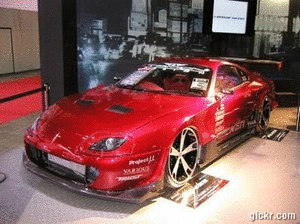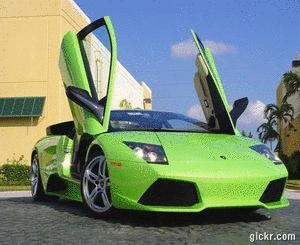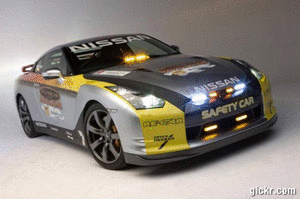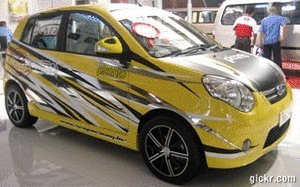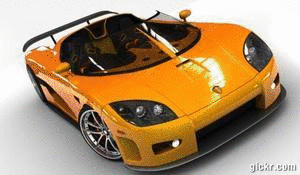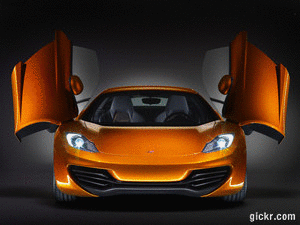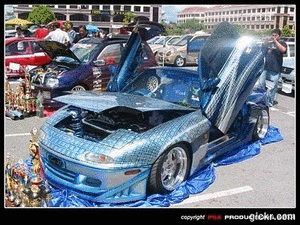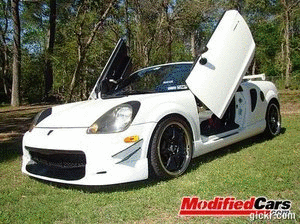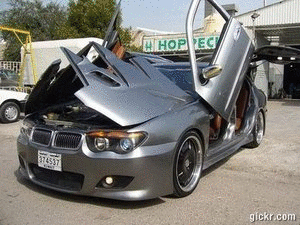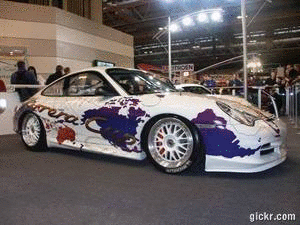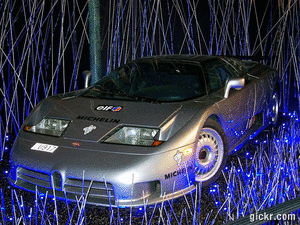













The Story Of A 3SGE-Swapped Rolling Chalkboard For Life
By Luke Munnell
Photography by Patrick Lauder
The silence was deafening. It was around midnight, after three hours of conversation, when Bernard Nicolas hit his only snag in discussing the Hachi Roku laid out before you. He'd managed to describe seemingly every detail of his past project cars (which include a '94 JZA80 Supra, '93 FD3S RX-7 and '94 SW20 MR2, among others), personal history, the technical aspects of this particular Hachi's build-every question I threw at him was not only answered, but descried in detail, illustrated and elaborated. There was literally nothing about this car the guy hadn't considered at least a hundred times over during its three-year build, or about the seven others he's owned before it. Until now.
"So, after owning and modifying at least one of nearly every tuners' dream cars," I ask, "what is it about the Hachi that keeps you coming back?"
Bernard grew up in the Philippines, at a time when merely owning a car signified a level of status and personal achievement. "When you got a car back then," he says, "it pretty much stayed with you for life, so you learned to take care of it and respect it." Bernard was just a baby when his dad first scored an '81 Corolla of his own, and can just barely remember accompanying him to the drag races in Greenhills, Quezon City, after pops caught the modifying bug. "All the cars at the strip were Toyotas-Filipinos love Toyotas!" he laughs, "They're easy to work on and last forever. It wasn't uncommon to see people racing their 200K-mile daily drivers at the track every weekend." He continues, changing tone from enthusiastic to serious, "But basically, they were what we could afford, and we took pride in making them the best we could."
Bernard's dad taught him the basics of car care and modifying at a young age-out of necessity, and as a way to learn independence and patience. As Bernard explains, "It taught me that there's a solution for every problem, as long as you're patient enough and willing to figure it out." His stories of building cars back home are impressive-culminating in one involving ditching the OEM engine management and fuel injection on a friend's '91 Corolla in favor of dual carbs and a TEC-II, back in '95-the year before he moved to the States.
"When I came to the San Francisco area in the mid '90s," he laughs, "I was broke. So I bought a Corolla GT-S just to drive every day, because I'd learned how to keep it in good shape and make it reliable." But then one day, as he was tooling away on the car in his driveway, a curious neighbor dropped by for some conversation. And this was the point where our conversation took on a whole new tone. "He mentioned that he had a GT-S, and began telling me about the differences in the Japanese cars, and how people were building them for road-racing, or sliding them around in the canyons for fun, and that they were kind of a big deal . . . " he eventually stops for a breath, "And it all just kind of took off from there."
The following years saw Bernard settle into a career and grow more successful. He bought, built and sold many cars, and as that gave way to owning a house in SoCal, Bernard again found himself broke and in need of reliable transportation. "I was actually borrowing a friend's car one day, to go look at a car to buy as a daily," he explains, "when I saw this stock Hachi parked under a tree, like it was waiting for someone." He continues, "Just for kicks, I left a note on it, asking if it was for sale. When I got a call back, I knew it was waiting for me." It became Bernard's new daily transportation, and later, when something more modern could be bought to take its place, his next project car. "I could finally afford to take my time and do it right. So that's what I decided to do."
